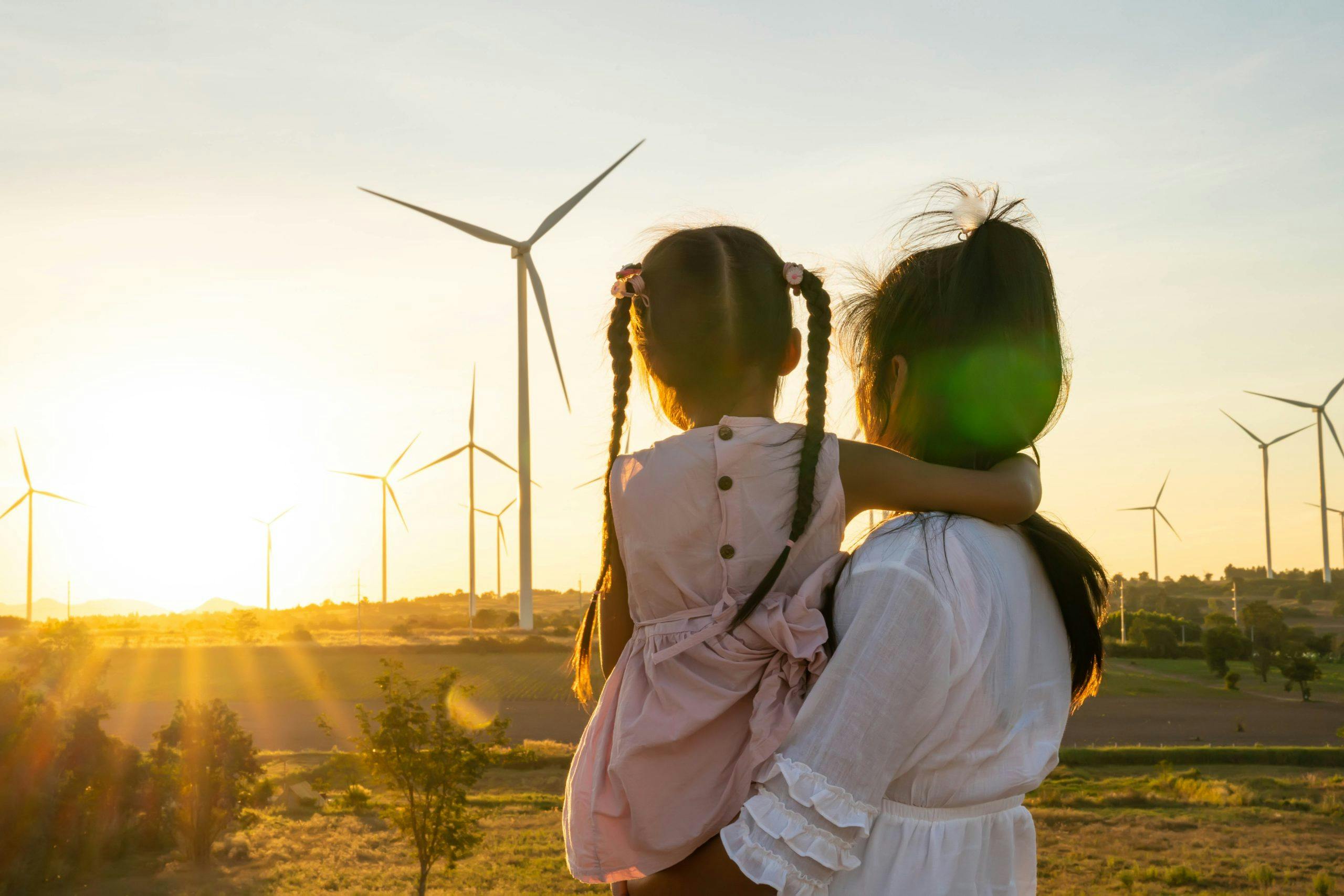Impact, defined as tangible positive changes to people’s lives, is at the core of investment decision making at PIDG.
Our approach to impact is two-fold:
- to identify and mitigate the risk of negative impacts, through PIDG’s health safety environment and social (HSES) system.
- to drive and demonstrate tangible positive impact on people and planet, the wider economy and infrastructure capital markets; through PIDG’s sustainable development impact (SDI) system.
Through the application of our theory of change, PIDG enables sustainable infrastructure projects in low-income markets, delivering tangible positive outcomes for: people, planet, wider economy and market transformation, as well contribute to the Sustainable Development Goals (SDGs)
PIDG’s capacity to raise HSES standards, implement a climate, nature and gender inclusion lens in infrastructure, and manage and demonstrate sustainable development impact is a core part of our value proposition to our partners.
PIDG’s end-to-end impact management system includes a systematic approach to assessing impact, monitoring impact and evaluating our impact, and learning from findings
Further details can be found in our latest Impact Principles annual disclosure statement.
PIDG in numbers between 2002 and 2022:
$39.8bn
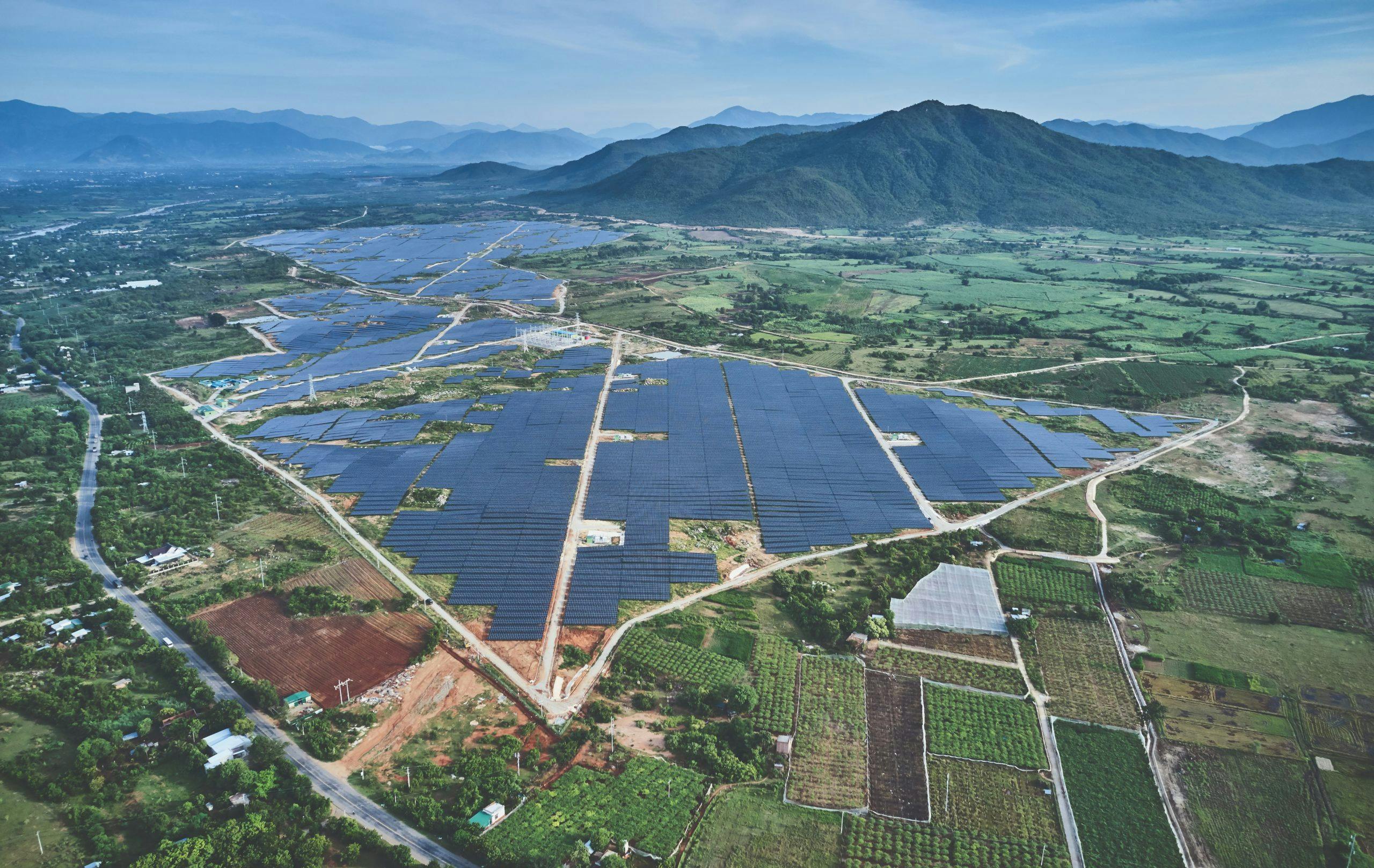
211
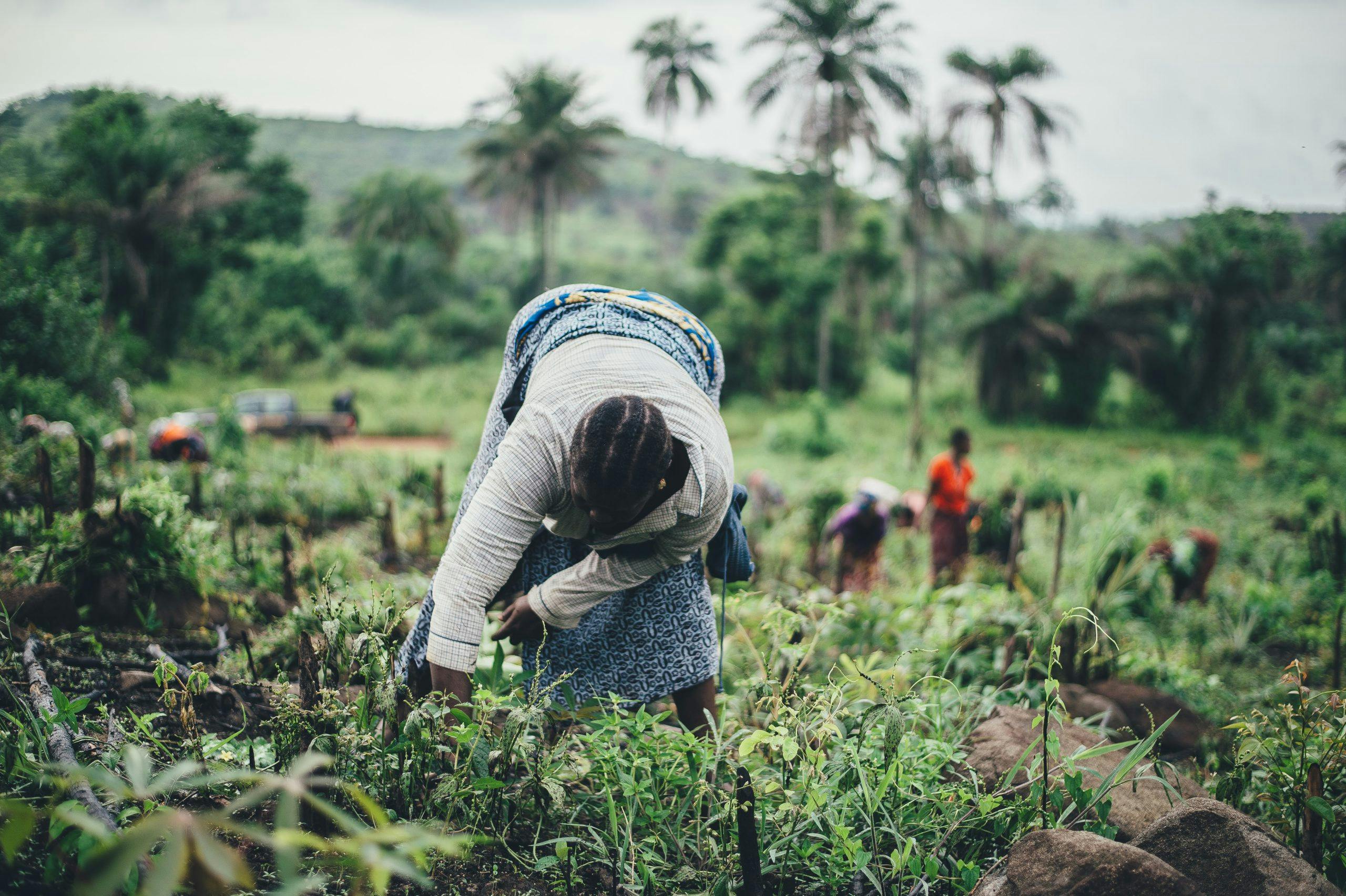
222m
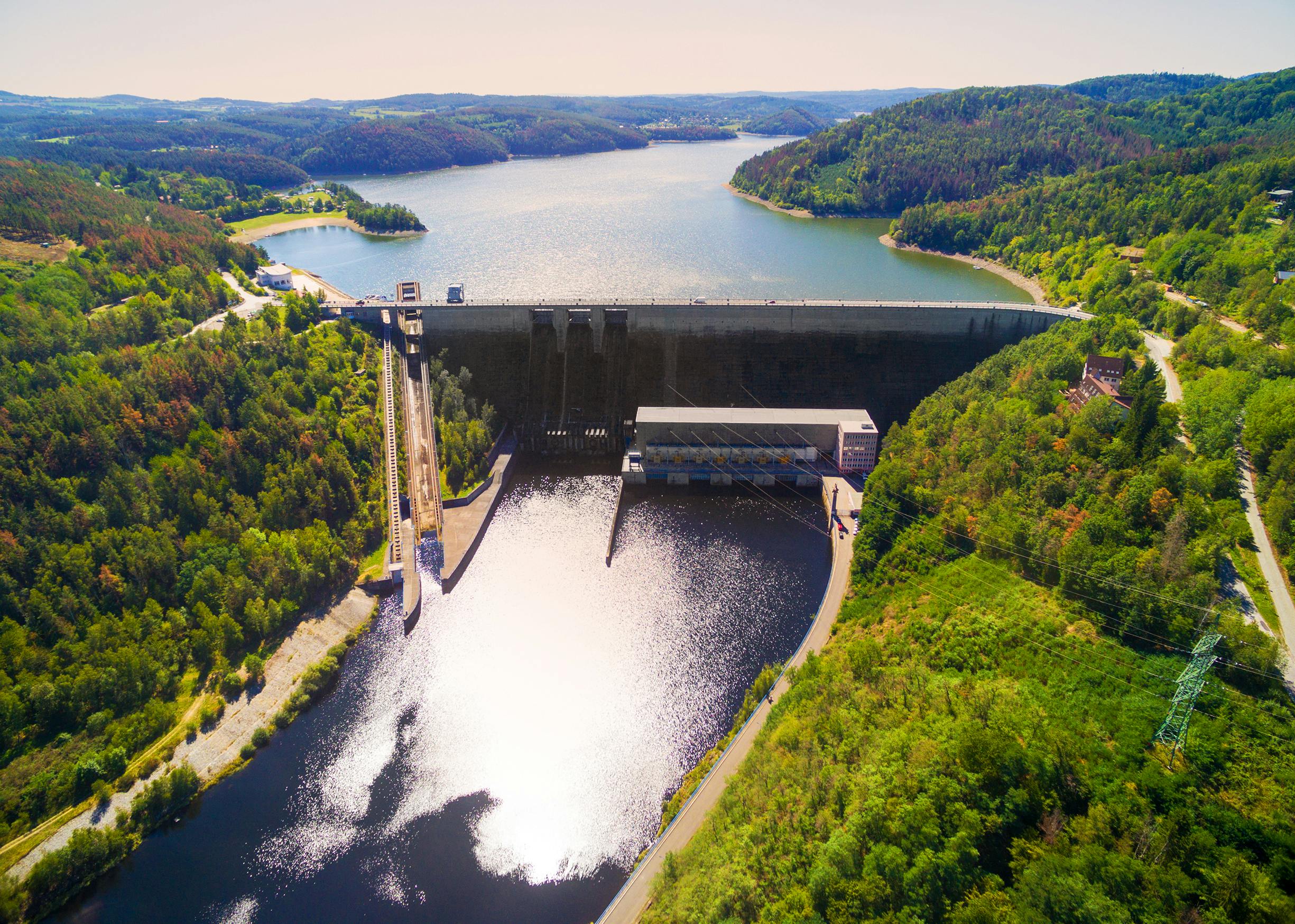
247,000
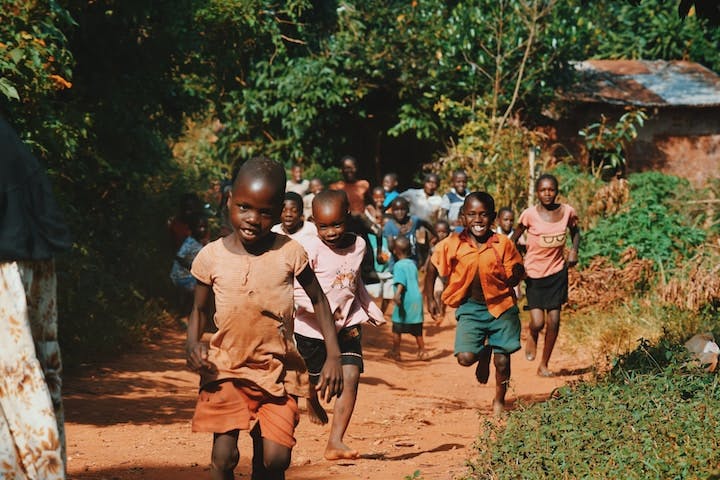
Sustainable Development Impact
Sustainable development impact at the core of investment decision making. Click the below tab to understand how we drive and demonstrate development impact.

Health, Safety, Environmental and Social Framework
We operate in a complex developing world that is subject to diverse economic, societal, financial, environmental and political drivers.
Our challenge is to combat poverty in the poorest and most fragile countries through pioneering infrastructure and assuring project delivery excellence, while effectively managing the HSES impacts associated with such infrastructure development projects.
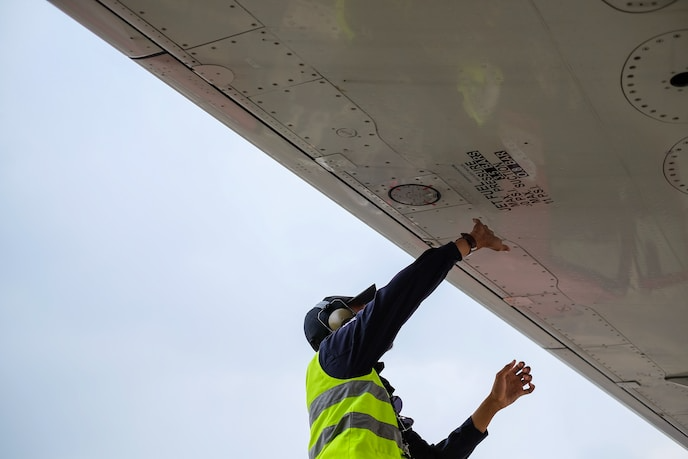
Our companies







